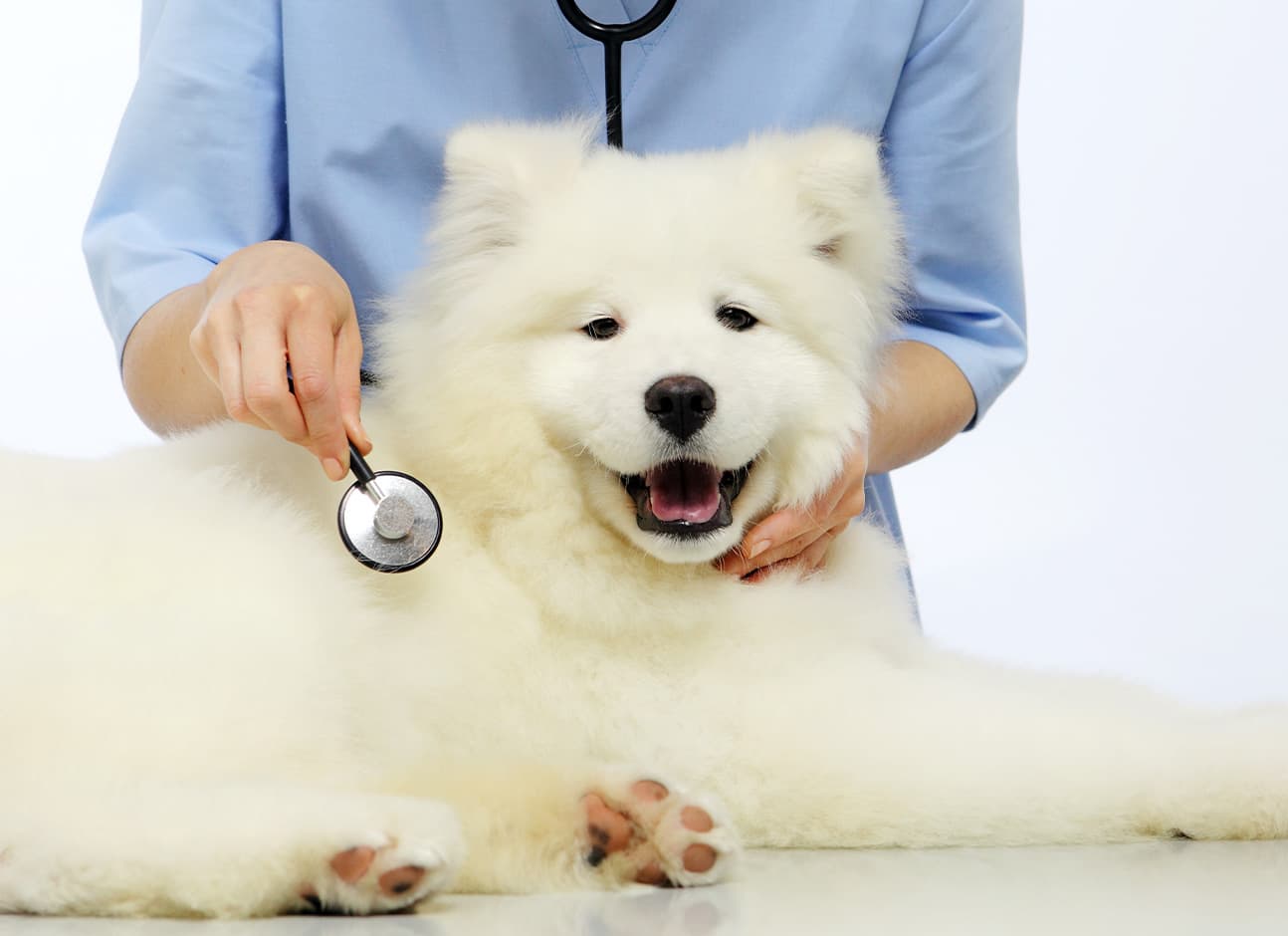It is not easy to watch your pet get sick especially since they cannot verbally express their discomfort like we do. Much like their humans, dogs also experience coughing in their lifetime. While we cannot prevent our pets from falling sick, we can always give them the care and the medical attention that they need.
Coughing in dogs can occur due to various reasons, ranging from mild causes to more critical ones. Sometimes, dogs cough to clear their airways if something is stuck there. But bacterial infections like kennel cough, and lungworm can also cause your pet to come down with coughs. Cardiac diseases such as the heart valve disease, tracheal collapse, chronic bronchitis, and cancer are some of the more insidious conditions that induce coughing behaviour in dogs. Additionally, injuries and passive smoking can also result in canine coughing. As a result, it has been recommended not to use sticks while playing fetch with your dog, nor smoke in the presence of your canine friend.
While a random cough can be construed as normal, repeated coughing can be a cause of concern as quite often, it is a sign of a more serious underlying condition. For this purpose, it is important to be aware of the different types of canine coughs. Before notifying your veterinarian, you must ascertain if your dog is experiencing a deep, dry, wet, hacking, and / or honking cough. Additionally, you must also check to see if your dog is coughing in their sleep.
Despite the unpleasant sound of canine coughs, it remains largely treatable. Treatment varies depending on the cause of the cough. For example, in the case of coughs triggered by a bacterial infection, your veterinarian may put your dog on a course of antibiotics. If lungworm is the reason behind your dog’s sudden but repetitive bouts of coughing, your dog will be given the appropriate worming treatment. Lungworms can be easily prevented by having your dog regularly dewormed. But in the case of viral infections and allergies, the cough will run its natural course. However, you can make your dog more comfortable through appropriate feeding, modified exercises, and rest. You can consult with your veterinarian on possible treatment and preventative measures for canine cough in order to help your dog through this condition.
